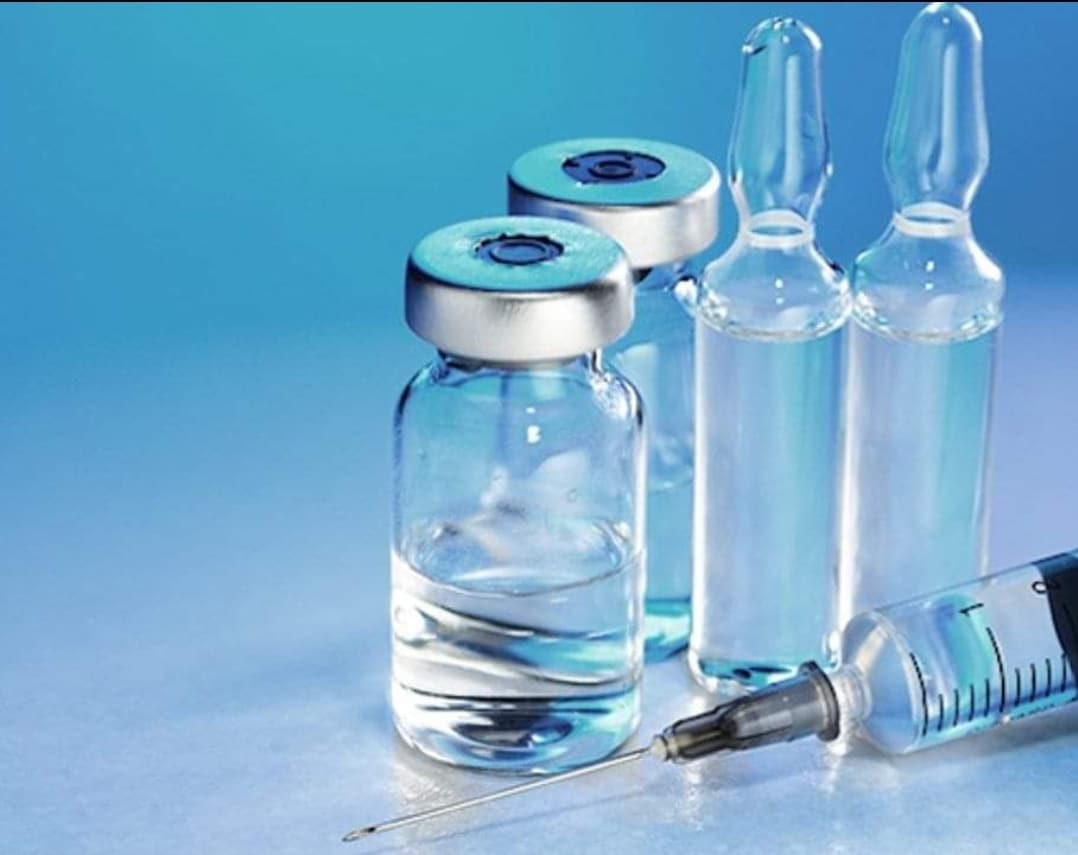USP Organic Impurities Testing in Parenterals
The United States Pharmacopeia (USP) Organic Impurities Testing is a critical analytical procedure aimed at ensuring the safety and purity of parenteral products. This testing ensures that injectable medications, infusions, and other sterile solutions are free from potentially harmful substances. As a leading laboratory in pharmaceutical testing, we understand the importance of this service for quality managers, compliance officers, R&D engineers, and procurement teams.
USP organic impurities testing is governed by USP General Chapter <231>, which provides detailed guidelines for the identification, quantification, and control of organic impurities in parenteral products. This chapter is pivotal because it ensures that these medications meet the highest standards of purity before they reach patients.
The process involves several steps: sample preparation, chromatographic analysis, and interpretation of results. Samples are typically prepared by dissolving or diluting them to a known concentration for testing. Chromatography, often using High-Performance Liquid Chromatography (HPLC), is the primary analytical technique used. The method identifies organic impurities based on their unique retention times compared to standard compounds.
Acceptance criteria are stringent and vary depending on the specific parenteral product being tested. However, generally speaking, any detected organic impurity above a certain threshold value (as specified in USP <231>) is considered unacceptable for use. The goal is to ensure that no harmful substances remain in these products.
For quality managers and compliance officers, this testing ensures regulatory compliance with USP standards. For R&D engineers, it provides critical data on the purity of their formulations during development stages. And for procurement teams, it helps verify the reliability of suppliers' processes.
The importance of USP organic impurities testing cannot be overstated, especially given recent recalls and adverse events linked to contaminated injectable medications. By adhering to these stringent tests, pharmaceutical companies can protect public health and maintain trust in their products.
Our laboratory uses state-of-the-art equipment and highly trained personnel to perform this critical service accurately and reliably. We employ advanced chromatographic techniques that offer high sensitivity and specificity, ensuring accurate identification of even trace levels of organic impurities.
Benefits
Ensures patient safety by identifying and quantifying potentially harmful substances in parenteral products.
Achieves regulatory compliance, ensuring that pharmaceutical products meet stringent USP standards.
Provides critical data for R&D teams to optimize formulations and improve product quality.
Builds trust with healthcare providers and patients by maintaining a high standard of purity in injectable medications.
Industry Applications
This testing is essential for any pharmaceutical company involved in the manufacturing, quality assurance, or regulatory compliance of parenteral products. It applies to various types of injectables and infusions used across different medical specialties.
In hospitals and clinics, ensuring that all parenteral medications meet USP standards helps prevent adverse events associated with contaminated products. In addition, it supports ongoing efforts to improve patient outcomes and reduce healthcare costs by minimizing the risk of medication-related complications.
Why Choose This Test
Selecting a reliable laboratory for USP organic impurities testing is crucial for maintaining product quality and regulatory compliance. Our laboratory offers several advantages:
Absolutely state-of-the-art equipment ensures accurate results.
Highly trained personnel with extensive experience in pharmaceutical testing.
Dedication to providing timely, reliable results, crucial for product development and release.
Comprehensive support services that include consultation on sample preparation and result interpretation.
By choosing us, you can ensure your parenteral products meet the highest standards of purity and safety, thereby protecting public health and enhancing patient trust in pharmaceutical products.





